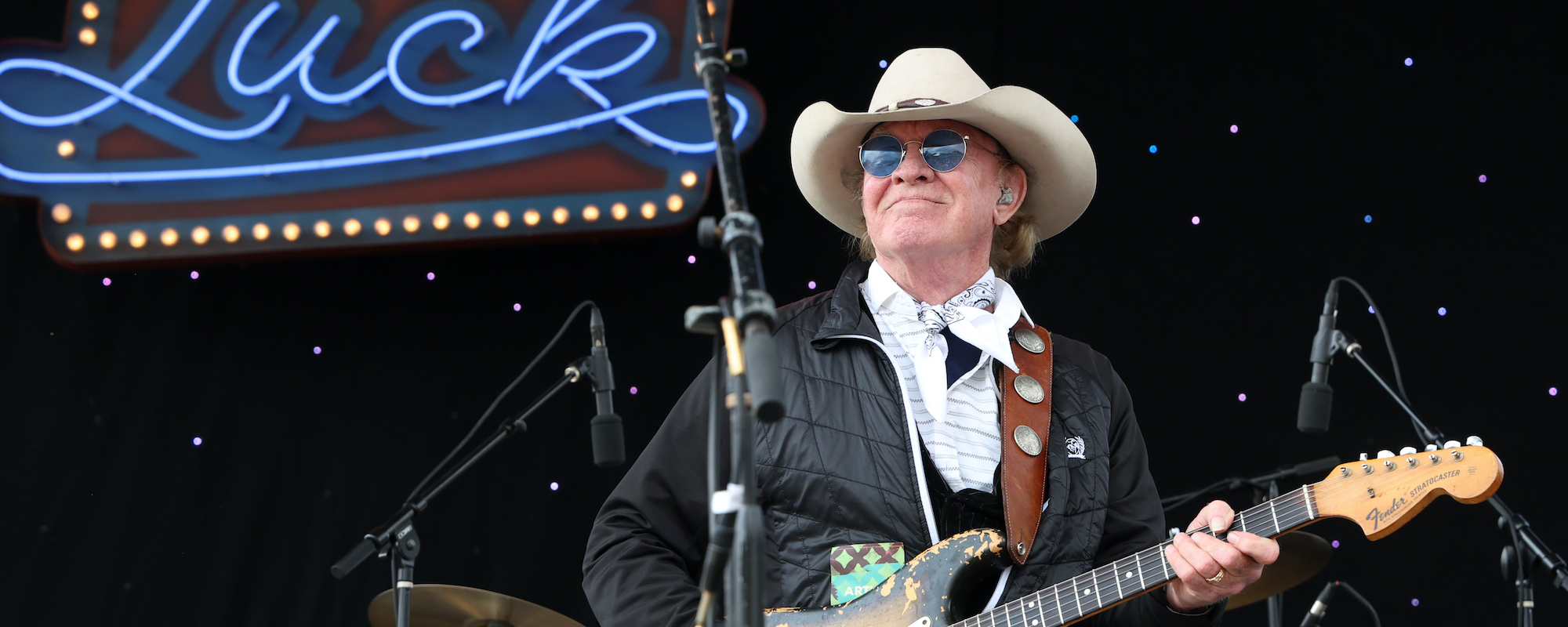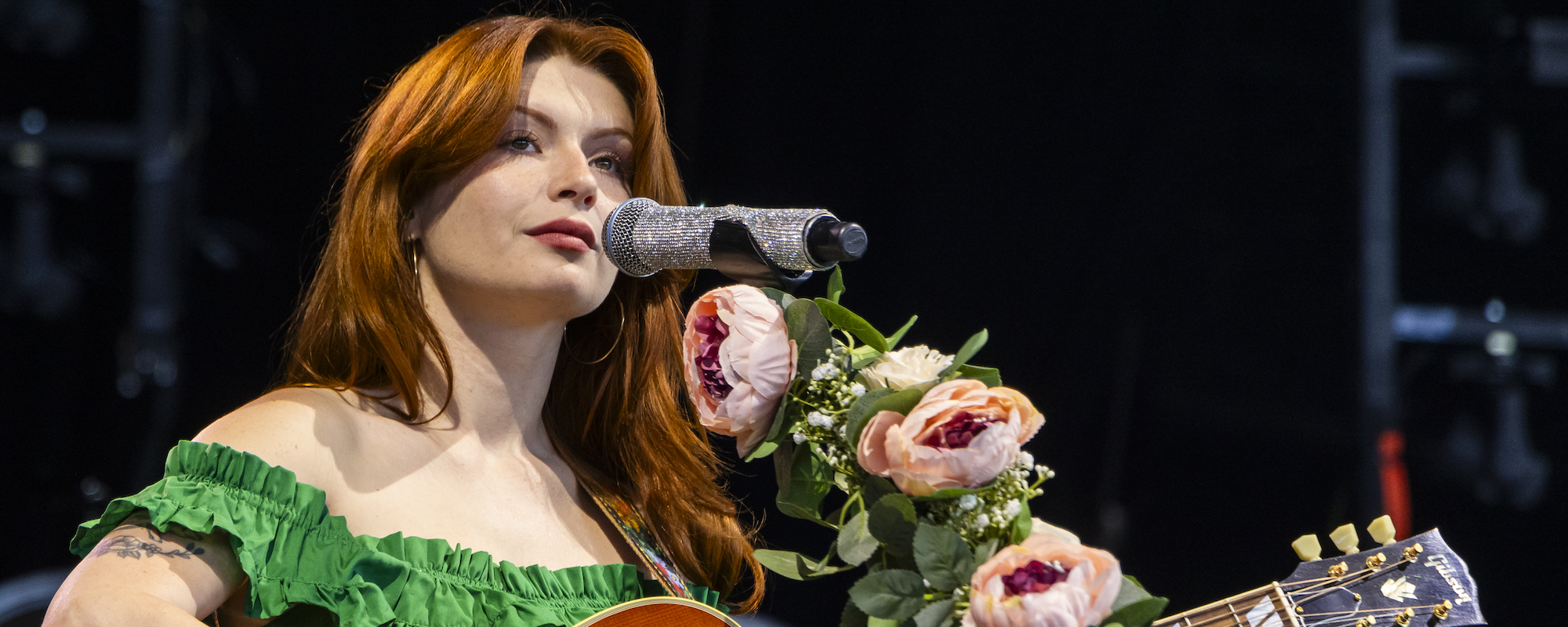As with just almost anything, what makes something great is also what can make it falter. In the case of country music, it’s the genre’s connection to tradition that helps it both standout and also what, at times, keeps it stuck in the proverbial mud.
Videos by American Songwriter
So, while we here at American Songwriter love country music, we felt we would suggest three wild ideas for the genre and its participants to consider. Not because we are fed up or angry but because we adore it.
[RELATED: Morgan Wallen Tour 2023: How to Get Tickets to His Rescheduled Dates]
1. Embrace the acoustic guitar even more
In modern times, there is always a push to engage the newest technology. The biggest machines, the brightest screens. But for a genre of music that is all about “three chords and the truth,” there seem to be fewer and fewer “stripped down” songs on which the performer is singing lyrics aided only by a wooden acoustic six-string.
Perhaps that was what made Oliver Anthony so successful. For a song in a genre that is all about snuffing out pretense, Anthony nailed the assignment. Whereas so much of what comes out today sounds super-produced. More GMO than farm-to-table.
2. Explore the past
If you ask a country music star today to name the music they grew up on, 99% of the responses will include a litany of artists passed down to them by their parents, extended family, or even the stereo. But it’s fair to ask, how do those lineages and histories end up in the new compositions of today?
This doesn’t have to mean that every song should reference Hank Williams, Dolly Parton, George Strait, or Loretta Lynn. But it does mean songwriters and producers today could examine what made those songs successful. Attributes like storytelling, clarity, elevated ideas, and courage.
Of course, these traits are in new music today. Jelly Roll isn’t afraid to talk about his past—one he shares with other outlaw artists. There could be more of it beyond him. Songs in homage to the past, songs that recognize the different eras of the past. Songs that borrow lyrics or ideas. An updated version of “Jolene,” “The Pill,” “Hey, Good Lookin’” and more. Embrace the lineages.
3. Be more open-minded
It’s not breaking news to say that the people who make country music and those who receive its most prestigious awards often look alike. For every Charley Pride, Darius Rucker, or Kane Brown there are dozens of artists who look like Garth Brooks and Blake Shelton. And that’s okay. You can’t make a person play a certain style of music.
But what should be asked of those in the genre is this: Are you working to be inclusive? Not just of Black artists, but of all kinds of people. Does country music feel welcome to all who want to participate in it? Does it want to grow? And if not, then why?
Of course, country isn’t the only music style that might not get perfect marks in this inquiry. Hip-hop has long seemed hostile to LGBTQ+ folks. Rock music has a history of excluding women. It’s an American issue, more often than not. But if country music is to continue to grow and thrive, it should be more open-minded about who it sends its dinner invitations to.
Photo by John Lamparski/Getty Images













Leave a Reply
Only members can comment. Become a member. Already a member? Log in.